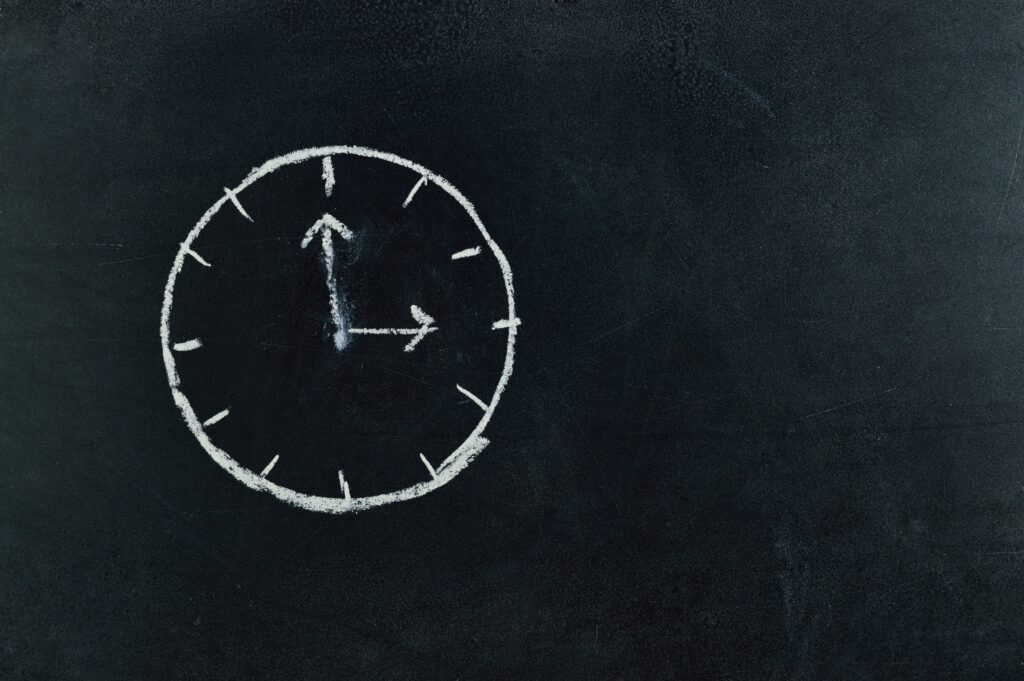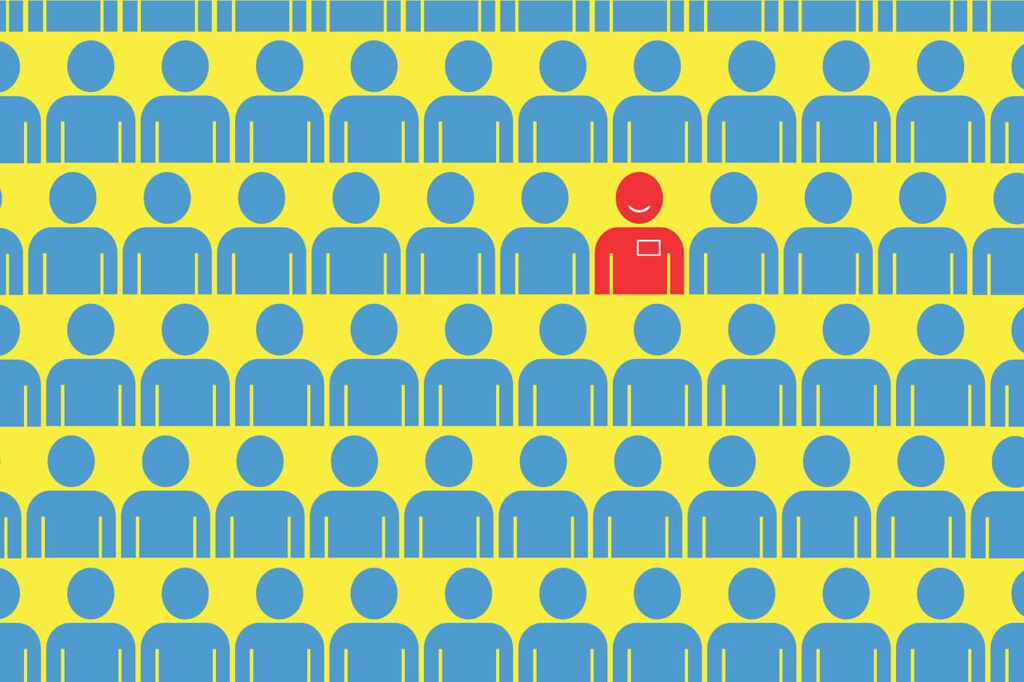Energy and time. Two of the most sought-after elements of life. There’s never enough time… I don’t have the energy… You’ve seen the meme: I just can’t adult today.

The allure of purchasing energy and therefore creating more time in a day has become profitable. Grocery and convenience stores offer alternatives to what you’ve brewed in your Keurig. Refrigerated or standing on a shelf near the checkout line – energy drinks provide a jolt that regular soda, tea and coffee can’t. Other energy alternatives include energy shots and energy drink mixes. According to caffeineinformer.com, 2018 energy drink sales were up 4.1% compared to the same time period in 2017. Here are more 2018 U.S. statistics:
Energy drink sales – $10,919,392,609
Energy drink mix – $102,834,838
Energy shots – $1,061,553,592
Here’s how some of the major brands stack up against brewed coffee and tea, in which caffeine is found naturally:
Rockstar – 29 grams of sugar, 72 mg of caffeine
AMP – 29 grams of sugar, 74 mg of caffeine
Monster Energy – 27 grams of sugar, 86 mg of caffeine
Red Bull – 37 grams of sugar, 111 mg of caffeine
8 oz. brewed cup of coffee – 0 grams of sugar, 95-200 mg of caffeine
8 oz. brewed black tea – 0 grams of sugar, 17 – 70 mg of caffeine
You probably have only seen the sugar and caffeine amounts of energy drinks if you’ve read the side of the label. If you’ve had one of these drinks, you may have been too weary to even tilt the can for reading. Why is the energy drink business so profitable? The jolt you feel from energy drinks is effective but temporary. Most healthy adults can safely consume up to 400 milligrams of caffeine a day, which translates to four cups of brewed coffee, 10 cans of soda or two energy drinks. The American Academy of Pediatrics recommends that adolescents consume no more than 100 milligrams of caffeine per day. As you see from the statistics above, one Red Bull exceeds that recommended limit.
About caffeine, LIVESTRONG.com says, “It acts as an adenosine receptor antagonist in the brain. Adenosine has sleep-promoting effects, so blocking the function of it reduces fatigue and sleepiness. Caffeine also causes the neurons in your brain to fire more quickly, exciting your central nervous system.”
Caffeineinformer.com’s blog, “Fourteen Dangers of Drinking Too Many Energy Drinks at One Time,” gives a sobering review of the effects of excessive energy drink consumption. While caffeine is safe for most adults, “Those with underlying heart conditions have gone into cardiac arrest after just a few energy drinks.” Other side effects of energy drinks include: headaches and migraines, anxiety and panic attacks, insomnia, drug interaction, addiction, nervousness, high blood pressure. These side effects are more dangerous for children and teens, as their bodies can react differently than adults’.”


